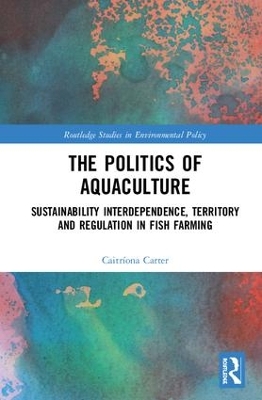Routledge Studies in Environmental Policy
1 total work
Aquaculture is increasingly complementing global fisheries and is relevant to ocean and freshwater health, biodiversity and food security, as well as coastal management, tourism and natural heritage. This book makes the case for treating the governance of this industry as meriting attention in its own right, abandoning the polemic discussions of fish farming and opening up new ways for debating its past, present and future.
Developing and applying an original analytical framework for studying fish farming aquaculture, embedded into larger theory about the changing political system, the author generates and compares new data on the governance of aquaculture. Detailed case studies are presented of Scottish salmon, Aquitaine trout in France and seabass and seabream in Greece. The book shows how ecological issues are related to economic and social issues, as well as interdependences between territories, public and private regulation and different knowledge forms, demonstrating that these are creating alternative approaches for sustainability governance. It provides a deeper understanding of the political aspects of governing European aquaculture, including how it both is structured by and is structuring politics.
It is aimed at advanced students, researchers and professionals in aquaculture and fisheries, as well as those with a broader interest in sustainability politics and sustainability governing practices.
